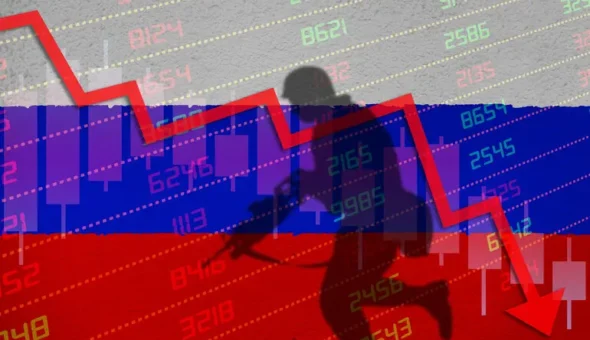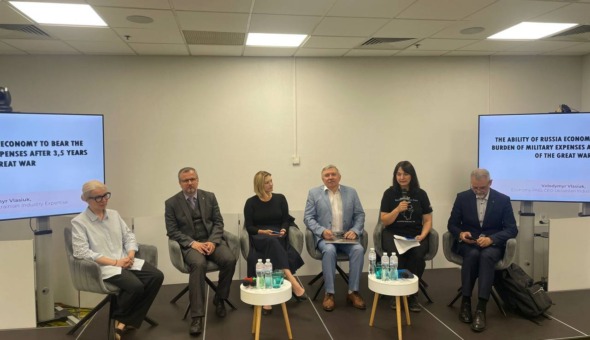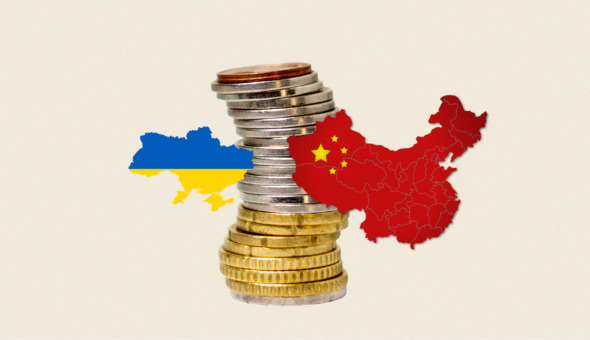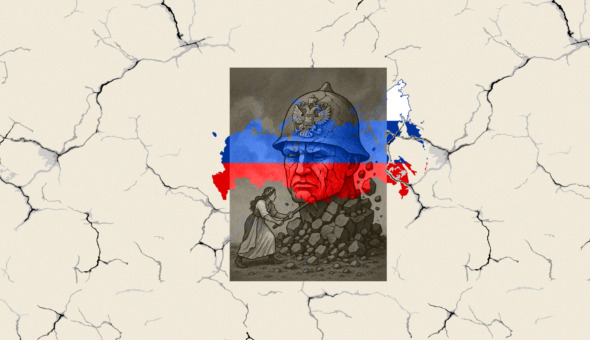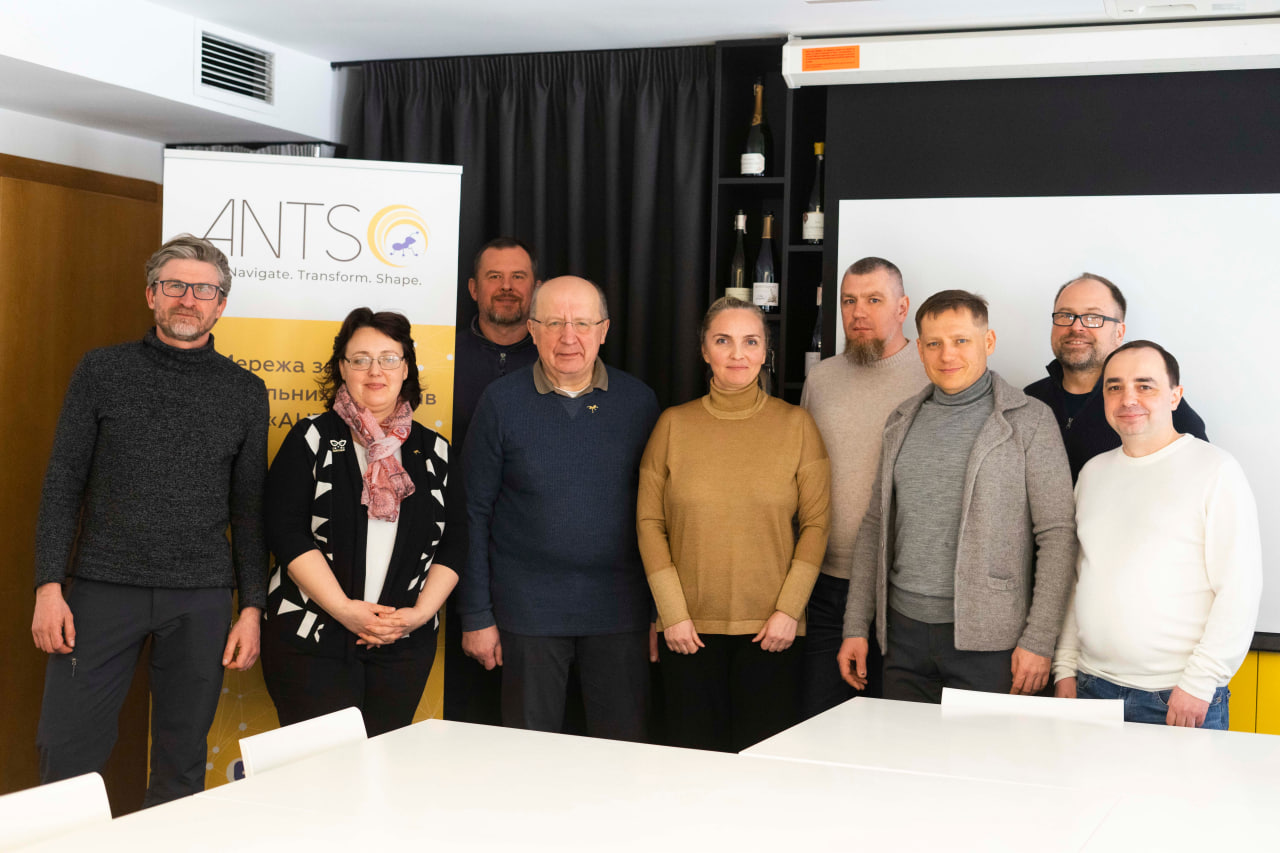
Challenges and priorities: how the European Union can support Ukrainian agricultural producers in adapting to changing conditions: access to new markets, sustainable rural development, demining and land regeneration, environmental protection, and food security. What are the agricultural issues that Ukraine faces in the context of EU integration?
These problems were key to the dialogue between Ukrainian farmers and Andryus Kubilius, a member of the European Parliament who served as Prime Minister of Lithuania in 1999-2000 and 2008-2012.
“Mr. Kubilius has real experience because it was during his presidency that Lithuania became a member of the European family. The experience of this Baltic country’s European integration is significant for Ukraine in general, and for Ukrainian farmers in particular, said Roman Makukhin, a member of the National Interests Advocacy Network “ANTS” and the meeting’s moderator.
Small farmer and family farms course
“In order for this to become achievable in the near future, it is required to tackle practical problems: presently the priority for Ukrainian small and family farmers is the issue of crediting and insuring of production machinery, equipment and land resources. And farmer cooperation based on European models necessitates engagement and the repair of confidence amongst farmers after generations of collectivization and the collapse of communal farms. But, combining these responsibilities would have the greatest impact, according to Michel Tereshchenko, the largest shareholder of Volodarsko-Volyn Flax Factory PJSC, citing the experience of France, where 70% of the cooperative movement is in agriculture.
It is worth noting that, based on specific production proposals given by farmers during the meeting, individuals in attendance underlined the necessity to establish new or reactivate previously active associations of family farms and small farmers. By the engagement of specialist financial and technical support from the EU, this will help increase legislative lobbying and promotion of such producers’ interests, as well as the development of collaboration and support for professional education of Ukrainian farmers.
The emphasis is on niche initiatives and adding value
Ukraine will require innovative methods to rural development throughout the post-war reconstruction period, based on working models of agricultural output with added value.
“New specialty projects could boost not only the Ukrainian agricultural economy, but also the EU’s competitiveness. Yet, it should be noted that they should all be based on the expanding global need for nutritious and functional food. Take, for example, Ukrainian firms that are already engaged in amaranth cultivation and processing. Despite the war, they obtain a fair price for their wares,” according to Roman Makukhin.
During the conference, Oleksandr Duda, the head of the NGO “Association of Amaranth and Amaranth Products Producers” discussed the prospects for developing unique amaranth-based goods. Andryus Kubilyus, for his part, stated that such creative projects can gain maximal EU support and boost the competitiveness of the Ukrainian agriculture sector.
The European Green Agreement is a challenge and also a chance for Ukraine
The European Green Deal has had a considerable impact on the greening of agricultural production across the EU. This is a challenge for our country because it will necessitate the restoration of war-damaged agricultural lands as well as significant improvements in the ecological approach to land use. At the same time, this “green course” represents a new opportunity for our producers, particularly organic products.
Therefore, Evgenia Yushchenko, the leader of the NGO “Biodynamics of Ukraine,” emphasized the great efficacy of biodynamic methods in restoring agricultural fertility.
“Ukrainian fields will require restoration in the future years, not only as a result of military actions, but also as a result of intense industrial agricultural methods, which have depleted the majority of Ukraine’s land resources. Renewable agricultural technologies are required for the agricultural sector’s long-term development and the improvement of circumstances for natural self-cleaning of the environment and the country’s important water resources in particular,” – she stated.
Land issue
The attendees also discussed open access to agricultural land during their meeting with Andryus Kubilius.
“Lithuania went undergone a painful market revolution of land relations,” – claimed the former Lithuanian Prime Minister.
Farmer and lawyer Maksym Oleksiyuk remarked that the European practice of access to agricultural property does not allow for a considerable concentration of land in the same hands, especially without the landowner’s participation in the community’s social and economic growth.
“Tymofia Mylovanova’s Ukrainian land reform, on the other hand, allowed financial institutions maximum land ownership preferences through lending instruments for the acquisition of property by anyone, not just professional farmers, which is an artificial and unique kind of land-grabbing. Farmer associations, unfortunately, had no influence on changes in Ukraine’s land legislation and bringing it closer to best practices of land use based on the experience of EU countries, where land is the main natural and productive resource for the producer-farmer to use, rather than the subject of financial speculation.”
The meeting was held within the framework of the “Euroscope” project with the support of the Embassy of the Kingdom of the Netherlands in Ukraine / “Key principles of Ukraine’s effective path to the EU: monitoring, cooperation, education”.
